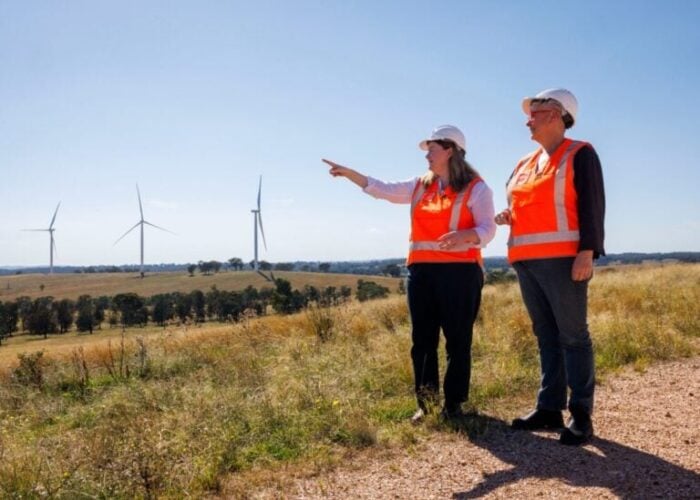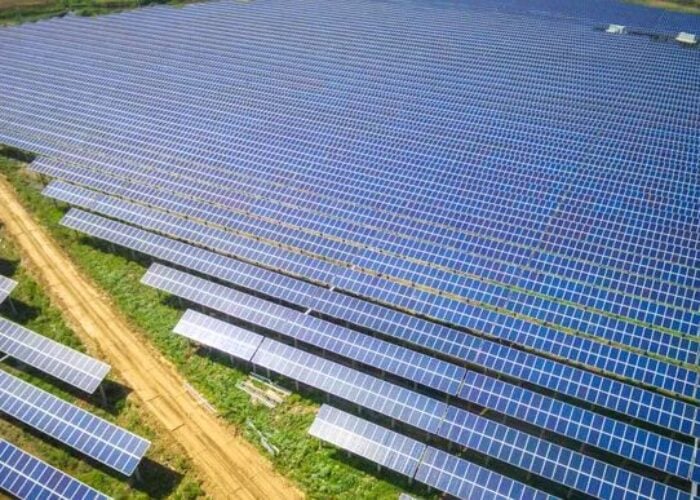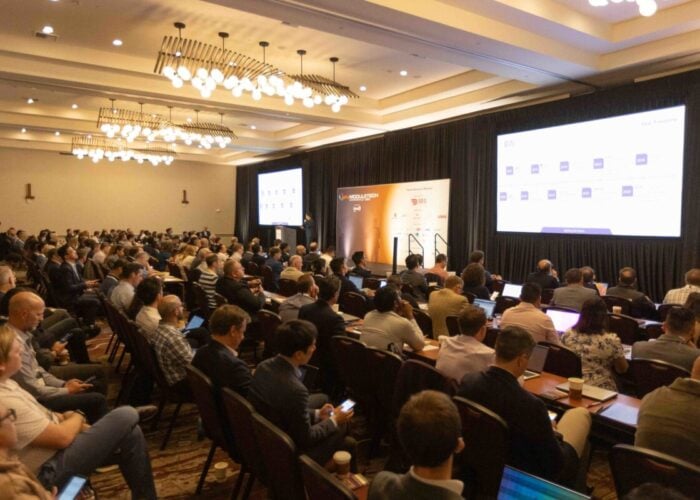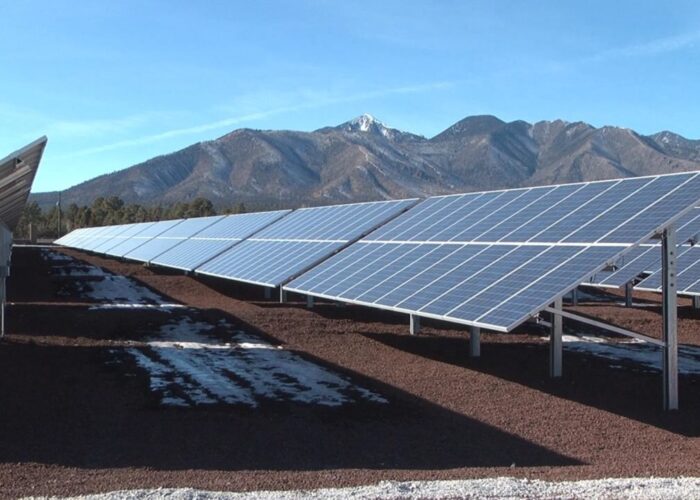
Mexico’s president has pledged to change power dispatch rules, shunting privately owned renewables down the pecking order, in the latest twist of an ongoing spat between his regime and the clean energy sector.
A memo issued to energy regulators in the country calls for an end to “juicy deals” handed to private entities for energy infrastructure developments, labelling them “bad for public business”.
Unlock unlimited access for 12 whole months of distinctive global analysis
Photovoltaics International is now included.
- Regular insight and analysis of the industry’s biggest developments
- In-depth interviews with the industry’s leading figures
- Unlimited digital access to the PV Tech Power journal catalogue
- Unlimited digital access to the Photovoltaics International journal catalogue
- Access to more than 1,000 technical papers
- Discounts on Solar Media’s portfolio of events, in-person and virtual
The memo, seemingly sent by President Andrés Manuel López Obrador late last month, extends upon the Mexican government’s criticism of energy regulatory reforms pursued by the previous regime which saw infrastructure developments contracted to third parties.
Obrador says within the memo that the reforms have helped prop up “private businesses and corrupt politicians” and had provided “legal grounds for pillage”. It also argues that state-owned operators in the country such as Comisión Federal de Electricidad (CFE) have been left in ruins as a result of the changes.
In order to address that perceived imbalance, the memo has suggested handing priority dispatch to power generated by CFE’s portfolio of hydroelectric generators, followed by CFE’s other sources of power in the country. Only after those two sources had been called upon would solar and wind generators owned by third parties be utilised.
Such a system would be in stark contrast to other energy markets globally, such as Europe, which have given priority dispatch to renewables sources regardless of their ownership situation.
The Mexican regime’s row with the renewables sector first escalated earlier this year when commissioning testing of built projects was suspended owing to “stability” issues. This was immediately challenged by the renewables industry which promised legal action, with developer Neoen in particular claiming the standstill stood to cost the company millions of dollars each month.
A judge in Mexico granted the sector a temporary reprieve in late May, but not before the governments of Canada and a number of European nations raised the issue with Obrador’s government directly.
Despite the reprieve, the spat has shown no signs of abating, and last month renewables companies in Canada issued an official complaint, claiming that the government had breached a trade deal between the two countries only signed earlier in July.







